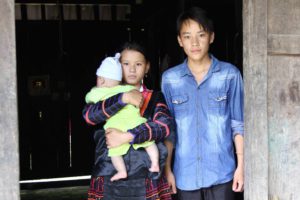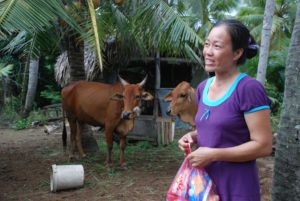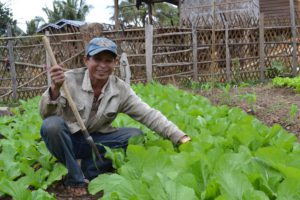INCLUSIEVE ONTWIKKELING
Overkoepelende thema’s, leidend in de activiteiten van MCNV
- Multi-Stakeholder Collaborations
We always involve different levels of governance and multiple sectors in every program, which we implement. We work in collaborative, multi-stakeholder networks in which our strengths are mutually reinforcing. - Empowerment of civil society groups and individuals
We maintain existing relationships with Civil Society groups and extend this network further to assist these groups in linking and learning among each other, intra- and internationally, and with private and government actors, who want to collaborate for change with these civil society groups. We strengthen these groups, in a number of skills, such as fundraising, planning, monitoring, action research, lobby and advocacy, and help them to discover their strengths and abilities. - Knowledge Creation/Building
The combined impact of the activities of MCNV creates new and local (contextualised) knowledge about the solutions needed to tackle extreme poverty and exclusion, and facilitates cross-sector partnerships in order to identify opportunities for the world’s most marginalised people. MCNV contributes to the documentation of academic as well as non-academic evidence and its dissemination. MCNV does this by documenting its experiences through articles, films and blogs, contributing to communities of practice with presentations during conferences and meetings. Academic evidence is developed through yearly studies carried out by students of different Dutch, Vietnamese and Lao universities. - Gender
MCNV is committed to gender equity and the empowerment of women. Evidence over the past confirms the importance of gender equity in reducing poverty, improving living standards, and achieving inclusive and sustainable economic growth. MCNV promotes and supports gender equity by designing gender-inclusive projects, and by paying close attention to gender issues across the range of programs. We also assess gender-specific outcomes, such as improved access for women and girls to education, health services, clean water, better sanitation, and basic infrastructure. - Governance
To make sure that improvements in the position of marginalised groups and their access to services is sustained in society, governance issues are always taken into account in our programs. MCNV avoids the creation of parallel structures and aims at initiating processes of change that increases the participation of marginalized groups in decision making and holds organizations accountable to the people they aim to represent. - Cost-effectiveness
Programs need to be cost effective in order to be sustainable and up scaleable in the low resource environments in which MCNV works.
Click on one of the categories above to see an overview of our programs in that category.







